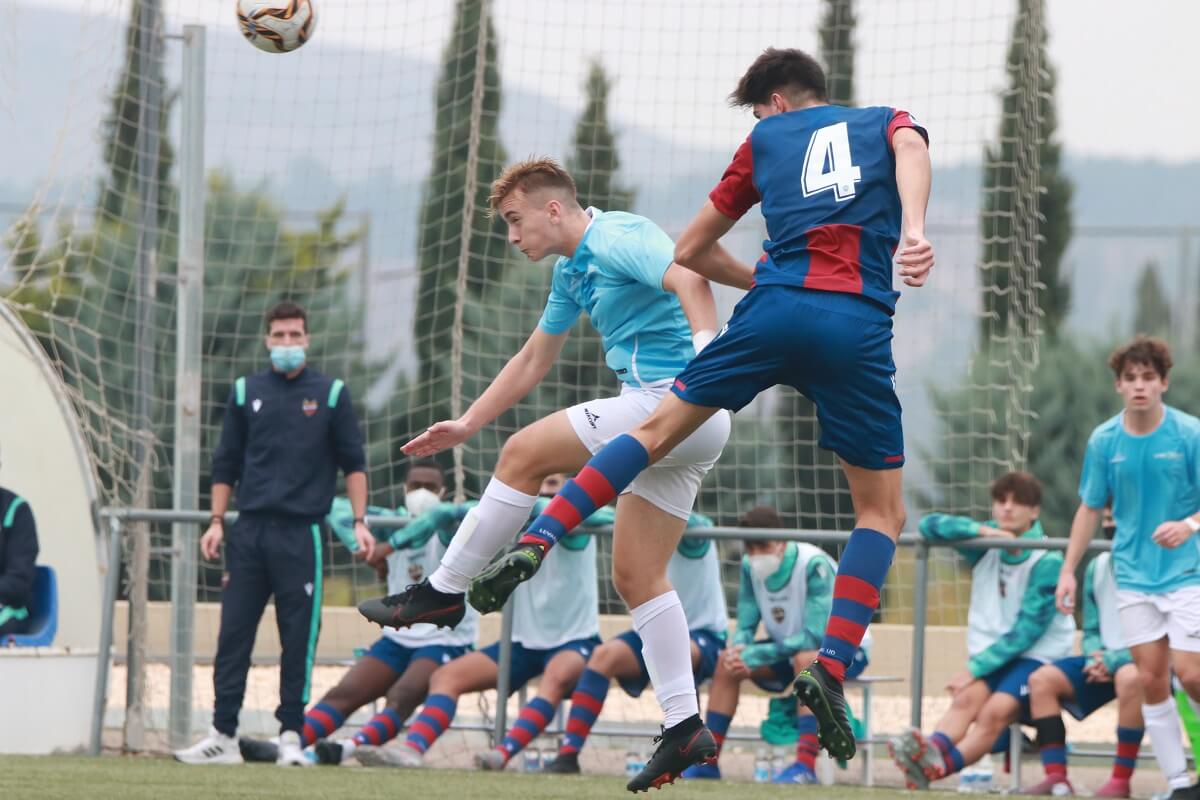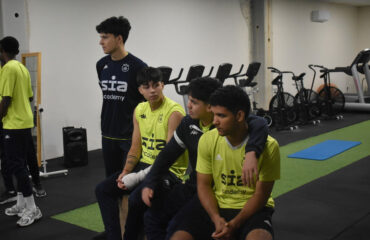MOTIVATION AS A FUNDAMENTAL ELEMENT IN SPORTS PERFORMANCE
Motivation has been and continues to be one of the fields of greatest interest. It is already well-known in the sports community how important motivation is nowadays in order to maximise the talent and potential of an athlete. However, in many cases the exact definition of the term motivation leads to multiple debates. In this article we will try to define as precisely as possible what motivation consists of, what elements feed it, and the determining influence it has in the sporting context.

WHAT IS MOTIVATION?
Motivation can be defined as the process that initiates, guides and maintains behaviours aimed at achieving a goal or satisfying a need. It’s what makes an individual act and behave in a certain way, the force that makes us act and allows us to move forward.
Drinking water when you are thirsty, exercising to increase muscle mass or reading books in a second language to improve your understanding. All these actions are fuelled by motivation. On a team level, to win the competition you are part of and on an individual level, to contribute the best possible performance.

Motivation vs. emotional activation
On the other hand, it is important to avoid erroneously relating motivation to emotional response. In some cases, people try to increase motivation levels as much as possible before a match or training, believing that this can have a positive impact on motivation, when this is not necessarily the case. Activation and motivation are therefore different concepts that should not be confused.
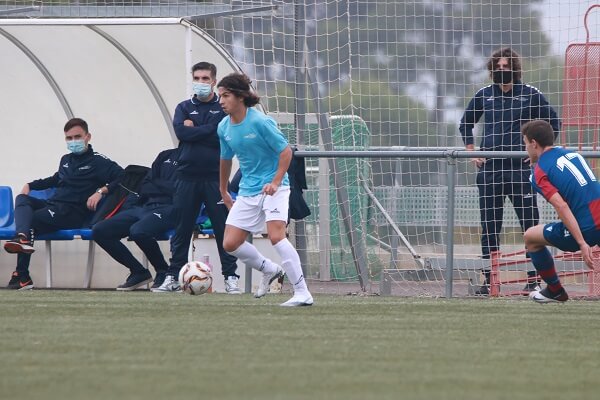
In turn, motivation has been erroneously considered as an internal personality variable or, conversely, as a purely external factor. To consider it merely internal would ignore other situational elements of the environment that have an enormous impact on the athlete; and, in the same way, environmental factors cannot be considered exclusively as the sole source of the athlete’s motivation, when his or her main motivations play an essential role.
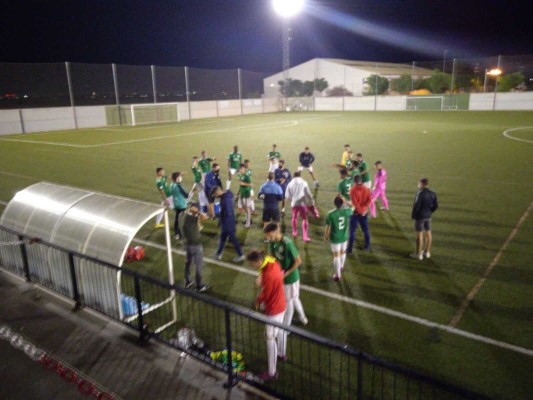
Types of motivation
Intrinsic Motivation
Let’s imagine for example a player in a difficult social and family environment who is not playing as many minutes as he would like because he does not get on with his coach. Nevertheless, his motivation to improve his sporting performance is high due to his own pleasure and personal interest in training at a technical and physical level, etc. and to “improve himself”.
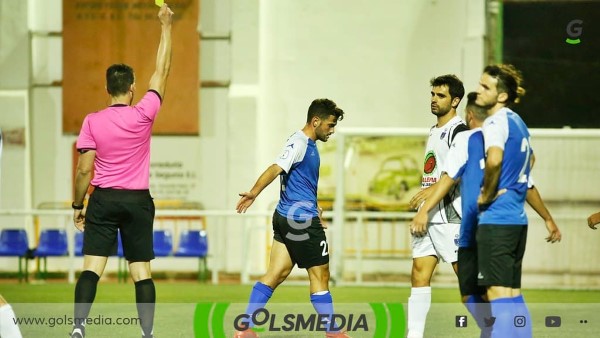
In this case, we would be talking about intrinsic motivation. This type of motivation is associated with internal factors of the athlete and finds its origin in a series of defined psychological needs such as self-efficacy, personal causation or curiosity, without any extrinsic rewards.
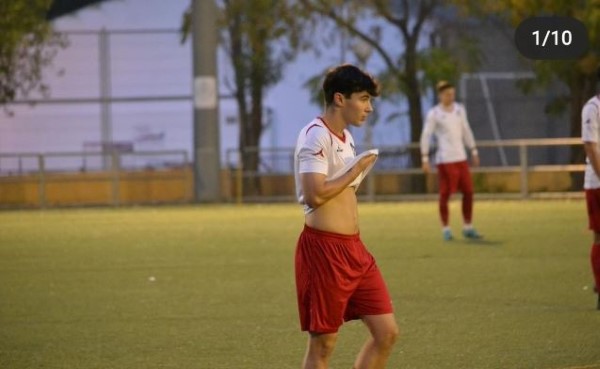
In the example given above, everything around the player suggests that it will be extremely difficult for him to be influenced by such sources of motivation, but if he is able to extract himself, and if this intrinsic motivation plays a regular role in the achievement of certain behaviours, it is logical to think that he will want to continue and will continue to work towards his personal goals.
In addition, a motivated player with clear and established goals will perform better as an individual, thus benefiting the team’s results.

Extrinsic motivation
On the other hand, we know another type of motivation called extrinsic motivation. This type of motivation takes into account external, not internal, causes of behaviour. Thus, sources of extrinsic motivation could be pay, threats of punishment, or status in the perception of the fans. So, returning to the player profile given in the previous example of intrinsic motivation, if he is motivated mainly by his position in the dressing room and his role on the field, the attitude of his coach, his family and social environment and not by his intrinsic motivation, it is logical to think that, guided by this extrinsic motivation, his performance could be negatively affected by all these environmental elements that surround him.
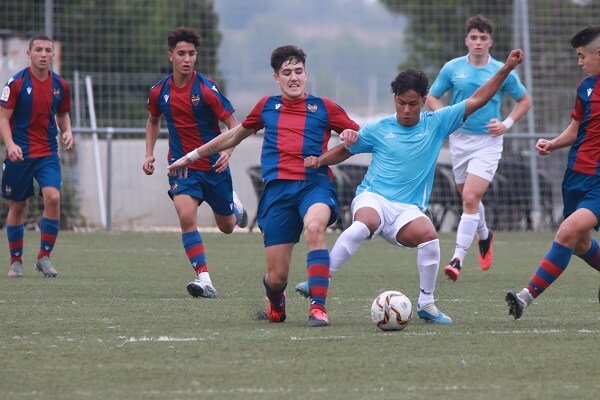
Sources of motivation
What is the athlete looking for?
How can athletes be motivated?
There’s a huge variety of players and different ways of handling motivation. It is not a black and white issue. Their motivation can be fuelled by both internal and external factors at the same time. It’s a complex interplay that has to be observed with care and concern for the physical and mental well-being of the player in order to obtain as a consequence a better performance, no matter the sport.

This is the eternal question:
How can we improve motivation? How can we motivate the athlete? What is he/she is looking for, and how can we provide it?
The first thing to know is that there is no single answer for everyone’s motivational needs. As we have already pointed out, motivation in the athlete is a complex factor to analyse and nurture. We have to know that A does not lead to B and that not everyone has to want B.

In sport, the coach has always been the main motivator. Fortunately, nowadays the coach can count on a multidisciplinary professional team around him or her to provide the necessary help to optimise the situation. But, at the end of the day, the coach is the one who has the closest and most permanent contact with the athlete and who has the most accessible tools to motivate his players.
Despite the belief that there are many styles of coaching, we are used to talking about two types of coaches: the communicative or collaborative, and the authoritarian or autocratic. The former are highly involved with the task at hand, avoiding anxiety in the players and achieving a general feeling of enjoying the training sessions and the players’ experience. This presents a vision of the game that does not depend so much on the final result.
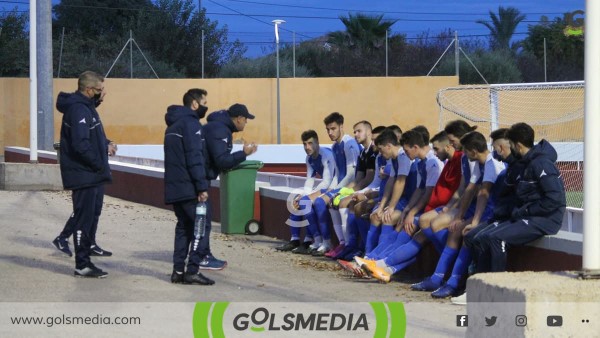
There are two main ways to achieve motivation in sport:
1. Conversations, colloquiums and discussions with the team and individual dialogues with the team.
2.- Individual dialogues with each athlete.
One of the most effective forms of motivation is the sincere and enthusiastic commitment of your players to the achievement of a common goal. Psychological well-being is achieved in order to obtain an optimal and high sporting performance (physical and psychological). Clearly defining the objective gives the athlete a certain security and consistency in their performance. However, at the same time, the player expects to obtain varied motivational techniques and to avoid excessively routine training sessions by the coaching staff, in order to avoid a certain degree of accommodation. If the techniques are the same regardless of the situation, the team will get used to it and it will not have any effect.
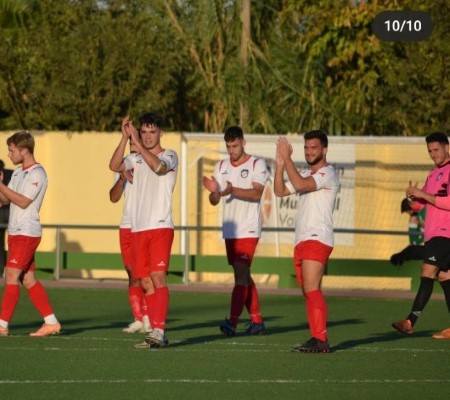
Apart from what is to be received at the collective level, the fundamental reasons for motivating athletes would be :
- Player seeks recognition (intrinsic)
- The player wants to feel strong (intrinsic).
- The player may be trying to satisfy a wish of his/her parents, friends or anyone else (extrinsic).
- The player may be trying to vent feelings of anger, etc. (intrinsic/extrinsic)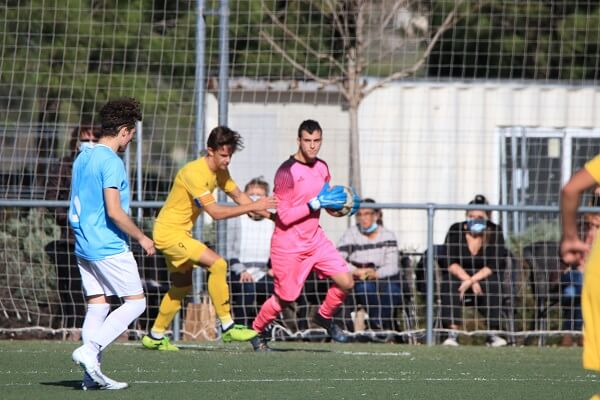
These are just some of the cases that could explain to some extent each particular case. In order to obtain reliable and more accurate information, an approach and a dialogue with the athlete must be sought in order to work out their motivation, the cause of their behaviour and their individual objectives in order to approach each case with the uniqueness and particularity that it presents.
Motivation is a key factor for performance.
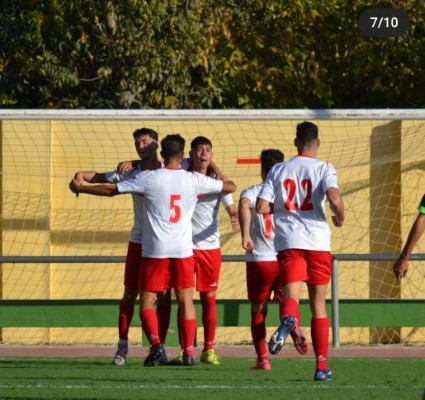
Competition as a motivating element
Initially, sporting activities are there for the sheer pleasure of doing them and become an extraordinary source of intrinsic motivation, as new challenges, new goals and, above all, the opportunity to compete in order to outperform others are presented. Competition plays a role in fuelling this intrinsic motivation and increases it as an added element of challenge by confronting others, pitting one’s skills against those of rivals and gaining a sense of personal achievement.
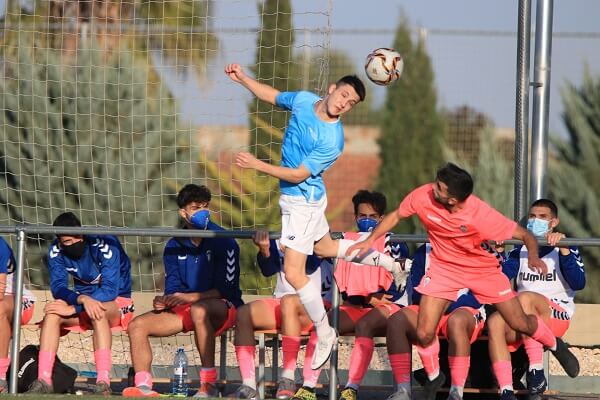
Apart from the fact that the competition itself is an added factor in intrinsic motivation, it is not always the most important thing, as intrinsic motivation can also be increased by having a good feeling about individual and team performance despite a defeat. The result-oriented and success-focused approach of the player and the coach leads to mistakes in the rational analysis of the objectives and, as a consequence, can decrease intrinsic motivation.

If, on the contrary, an analysis is carried out focusing on the improvement of the mastery of a skill, on the implementation on the field of play of the elements worked on in training, on the “self-directed” process of learning, intrinsic motivation will be affected to a lesser extent if the reception of the message and its assimilation is adequate.
Thus, we can conclude that the relevance of the influence of motivation on sporting performance is extremely high. It plays a fundamental role in the learning and performance of athletes at all levels: grassroots sport, high performance sport, sport for seniors, etc.
Working on it is the job of the coaches, the technical staff and the entire professional team that surrounds the athlete, just as it must be the responsibility of the athletes themselves to work on it day by day with the tools provided and a proactive attitude, with initiative and the capacity to develop and maintain it. Therefore, the athlete must also have the opportunity to make a decision about their role role in a sporting and competitive context. Their opinion must be taken into account in order to increase motivation.
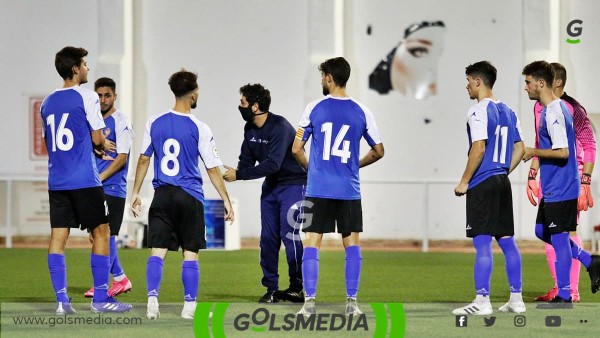
Adequate work on motivation helps to value effort and perseverance, an attitude in favour of personal improvement in order to obtain the personal satisfaction so desired by the sportsperson. The most important thing is real progression, focusing attention on individual development day after day in a realistic way but with enthusiasm, and being aware that true success as an athlete is achieved with a correct approach of appreciation of the work done, and not of the success achieved in an exceptional way.




